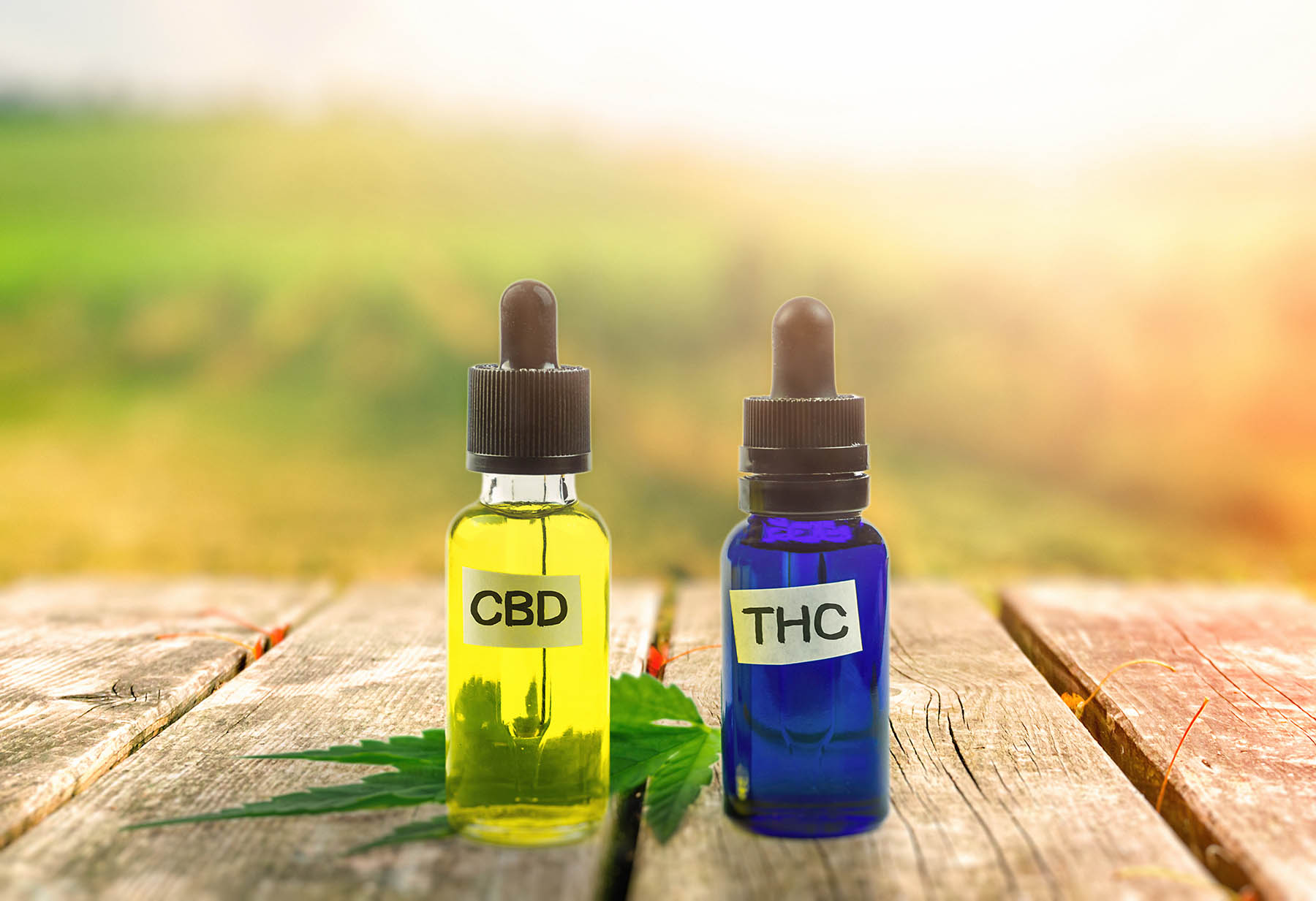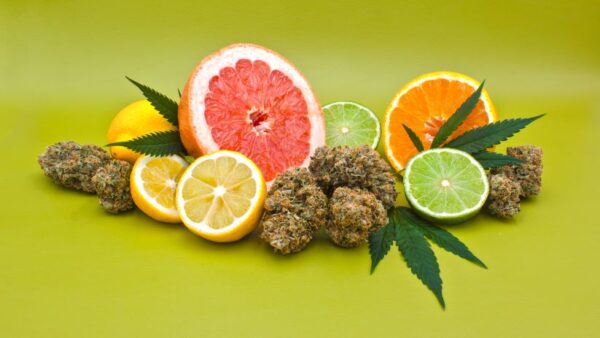Introduction to Cannabinoids
Cannabinoids are a group of active compounds found within the cannabis plant. Among these, CBD (cannabidiol) and THC (tetrahydrocannabinol) are the most researched and widely recognized. While they share some similarities, their effects on the human body and their therapeutic applications can be quite distinct.
Chemical Structure: More Alike Than You’d Think
At a molecular level, CBD and THC have the same chemical formula, consisting of 21 carbon atoms, 30 hydrogen atoms, and 2 oxygen atoms. However, the way these atoms are arranged differs between the two, leading to their distinct effects on the human body.
Psychoactive Effects: THC Takes the Spotlight
One of the most distinguishing features between CBD and THC is their psychoactive properties. THC is primarily responsible for the “high” or euphoric feeling associated with cannabis consumption. CBD, on the other hand, is non-psychoactive and does not produce this effect. Instead, many users report feeling more relaxed or at ease after consuming CBD.
Interaction with the Endocannabinoid System
Both CBD and THC interact with the body’s endocannabinoid system (ECS), but they do so in different ways. THC binds directly to the CB1 and CB2 receptors in the brain and body, producing its signature psychoactive effect. CBD, however, influences these receptors indirectly and might even dampen the effects of THC when consumed together.
Potential Medical Applications
While both cannabinoids offer a range of therapeutic benefits, their applications differ:
- CBD: Often lauded for its potential anti-inflammatory, anti-anxiety, and anti-seizure properties, CBD has been researched for conditions like epilepsy, anxiety disorders, and chronic pain.
- THC: While it’s celebrated for its pain-relieving, appetite-stimulating, and anti-nausea properties, THC has potential benefits for conditions such as glaucoma, insomnia, and low appetite.
Legal Considerations
The legal status of CBD and THC varies worldwide. In many places, CBD products derived from hemp (with less than 0.3% THC) are legal, while THC-rich products remain restricted. However, as research progresses and the medicinal benefits become more evident, legal landscapes continue to evolve.
Side Effects and Safety
Both CBD and THC are generally considered safe, but they can cause potential side effects:
- CBD: Common side effects include dizziness, dry mouth, and changes in appetite.
- THC: Consuming THC might lead to altered sensory perceptions, increased heart rate, dry mouth, and memory impairment in some individuals.
Consumption Methods: A Diverse Range
Both CBD and THC can be consumed in various forms, including oils, tinctures, edibles, vapes, and topicals. The method of consumption can influence the onset and duration of effects, offering users flexibility in how they incorporate these cannabinoids into their routines.
Two Sides of the Same Plant
CBD and THC, while both originating from the cannabis plant, offer distinct experiences and therapeutic benefits. Understanding their differences is crucial for individuals looking to explore cannabis for medicinal or recreational purposes. As the body of research grows, so does our comprehension of these fascinating compounds and their potential applications in health and wellness.






